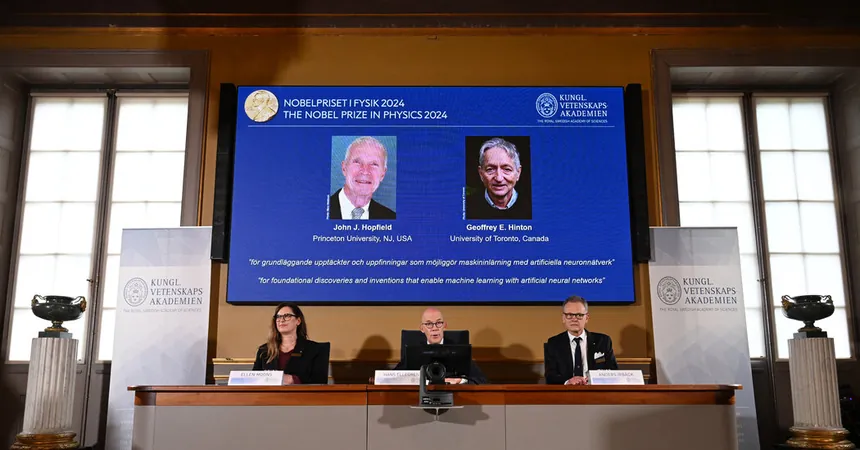
Nobel Prize in Physics Goes to Pioneers of Artificial Intelligence
2024-10-09
Author: Jessica Wong
Breaking News: Nobel Prize in Physics Goes to Pioneers of Artificial Intelligence!
In a historic move, the Nobel Prize in Physics has been awarded to two groundbreaking scientists, John J. Hopfield and Geoffrey E. Hinton, for their trailblazing work in artificial intelligence (A.I.) research. The announcement, made on Tuesday, highlights the ever-increasing impact of A.I. on our daily lives and the manner in which we work.
Their research has provided the fundamental building blocks for advanced machine learning systems, particularly artificial neural networks, which mimic the functioning of the human brain. According to the Nobel committee, these innovations are revolutionizing scientific research, especially in fields like physics, where they are instrumental in designing new materials, analyzing complex data sets from particle accelerators, and exploring the mysteries of the universe.
Dr. Hopfield and Dr. Hinton's breakthroughs have introduced a transformative approach to leveraging computer technology to address pressing societal challenges. The importance of their contributions cannot be overstated; neural networks, which underpin popular internet services like Google Search, Apple Siri, and conversational agents like ChatGPT, are now integral to our online experience.
Interestingly, Dr. Hinton, who is often heralded as the "godfather of A.I.," mentioned in an interview that their work would have been more aptly recognized in the field of computer science, had there been such a Nobel category. He resigned from his role at Google last year to share his concerns about the potential risks associated with A.I. advancements, fearing that they could pose existential threats to humanity—echoing sentiments likened to the Industrial Revolution but with intellectual supremacy over humans rather than physical.
Despite his apprehensions, Dr. Hinton also foresees substantial benefits from these technologies, particularly improved healthcare outcomes and increased productivity. In fact, he hopes that this prestigious award will amplify awareness regarding the ethical implications and potential hazards of A.I. advancements.
On a related note, Dr. Hopfield made an apt comparison during a press conference, likening the dual nature of A.I. technology to the infamous splitting of the atom, which yielded both tremendous energy and destructive weapons. This metaphor captures the duality of technological progress, where potential benefits must continually be balanced against risks.
Since the Nobel Prize's inception in 1901, it has acknowledged remarkable achievements across various domains within physics. Notably, this year’s award recognizes the foundational role that physics plays in various multidisciplinary applications, such as computer science and biology.
At 91 years old, Dr. Hopfield continues to inspire younger generations. As an esteemed professor at Princeton University, he has spent decades studying the intersections of biology and technology, leading to the creation of the Hopfield network in 1982, instrumental in how the brain processes memories, akin to recalling a word that’s on the tip of your tongue.
Meanwhile, Dr. Hinton’s journey began in the early 1970s, culminating in the development of groundbreaking models like the Boltzmann machine. His work has sparked renewed interest in artificial neural networks—once deemed a scientific dead end—and he has been integral in nurturing modern A.I. methodologies alongside contemporaries like Yann LeCun.
As the world grapples with rapid technological advancements, both scientists emphasize the need for responsible A.I. development. The prize serves as a reminder that while the horizon of scientific discovery is ever-expanding, so too must our commitment to ensuring that innovation serves humanity positively rather than threatening our very existence.
Stay tuned for more updates on this thrilling development and expert opinions on the future of A.I!
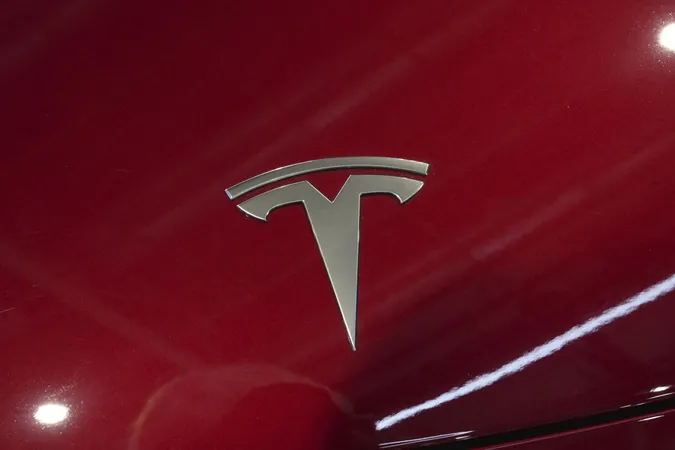
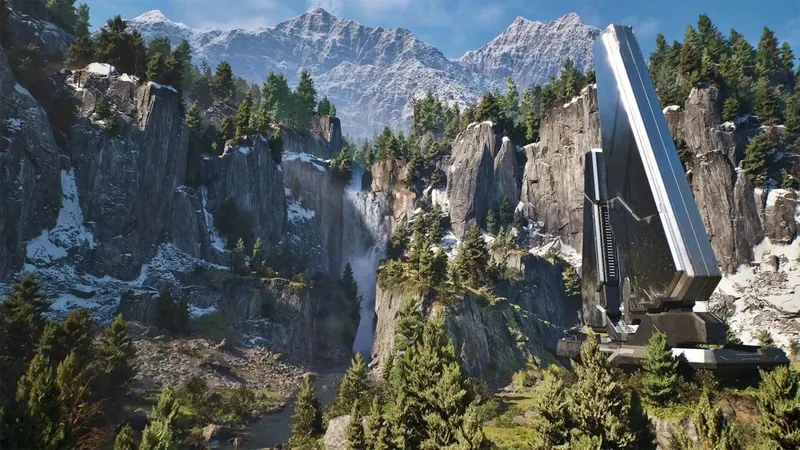
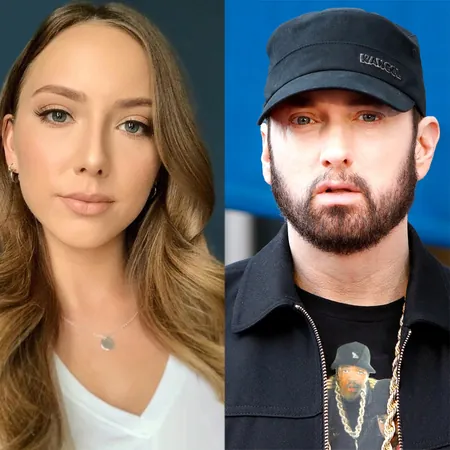
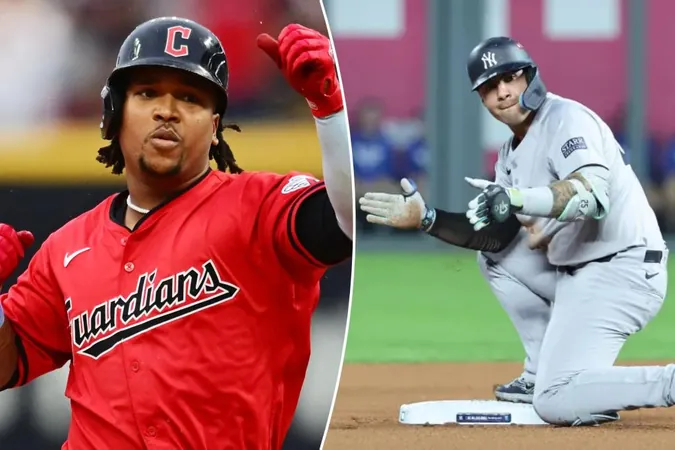
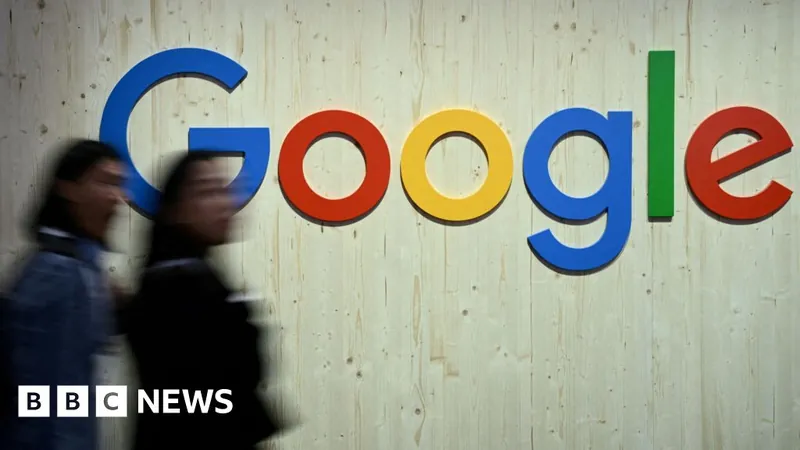
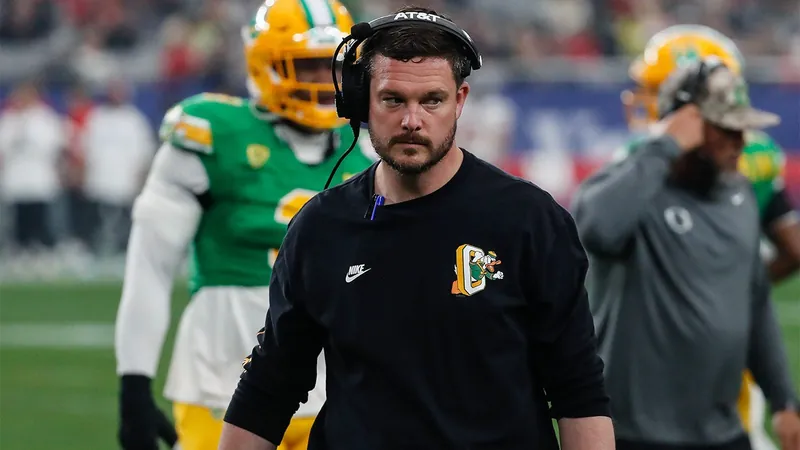
 Brasil (PT)
Brasil (PT)
 Canada (EN)
Canada (EN)
 Chile (ES)
Chile (ES)
 España (ES)
España (ES)
 France (FR)
France (FR)
 Hong Kong (EN)
Hong Kong (EN)
 Italia (IT)
Italia (IT)
 日本 (JA)
日本 (JA)
 Magyarország (HU)
Magyarország (HU)
 Norge (NO)
Norge (NO)
 Polska (PL)
Polska (PL)
 Schweiz (DE)
Schweiz (DE)
 Singapore (EN)
Singapore (EN)
 Sverige (SV)
Sverige (SV)
 Suomi (FI)
Suomi (FI)
 Türkiye (TR)
Türkiye (TR)